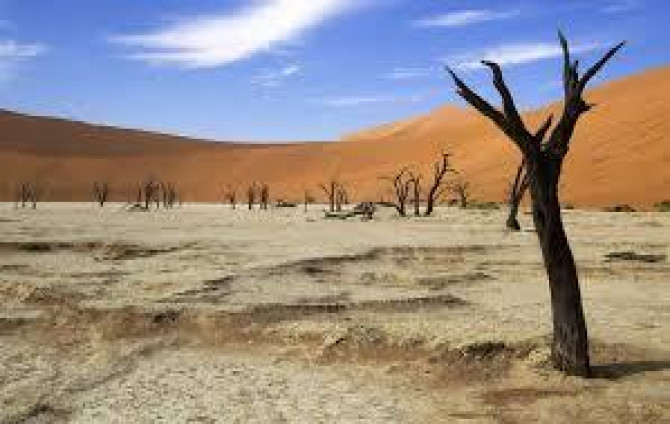
Global warming, the long-term increase in Earth's average surface temperature, is a pressing issue driven primarily by human activities. The burning of fossil fuels like coal, oil, and natural gas releases greenhouse gases such as carbon dioxide (CO₂), methane (CH₄), and nitrous oxide (N₂O) into the atmosphere. These gases trap heat, creating a greenhouse effect that leads to a rise in temperatures.
One of the most noticeable consequences of global warming is the increase in extreme weather events. Heatwaves are becoming more frequent and intense, while patterns of rainfall are shifting, causing more severe droughts and floods. This disruption in weather patterns affects agriculture, water supply, and the natural environment.
Melting polar ice caps and glaciers are another significant impact, contributing to rising sea levels. This poses a threat to coastal communities, leading to erosion, flooding, and habitat loss for wildlife. Warmer ocean temperatures also contribute to stronger hurricanes and typhoons, further endangering lives and property.
Ecosystems and biodiversity are under strain as species struggle to adapt to changing conditions. Coral reefs, vital for marine life, are bleaching due to warmer waters, while many terrestrial species are forced to migrate or face extinction.
Human health is directly affected by global warming, with increased risks of heat-related illnesses, respiratory problems from poor air quality, and the spread of diseases like malaria and dengue fever. The economic impact is profound, with agriculture, infrastructure, and livelihoods all vulnerable to the changing climate.
Understanding and addressing global warming is crucial for the future of our planet. Mitigation efforts, such as reducing greenhouse gas emissions and transitioning to renewable energy sources, are essential steps towards a sustainable future.